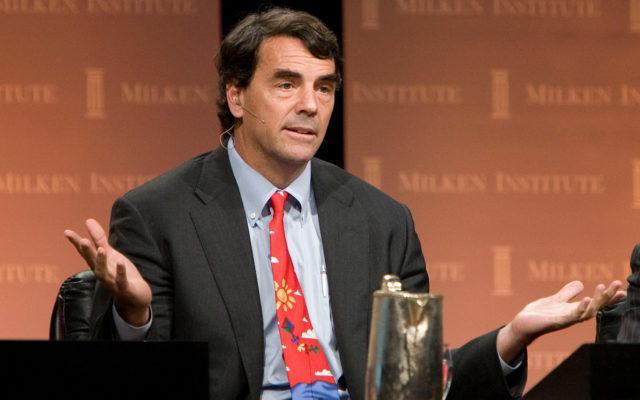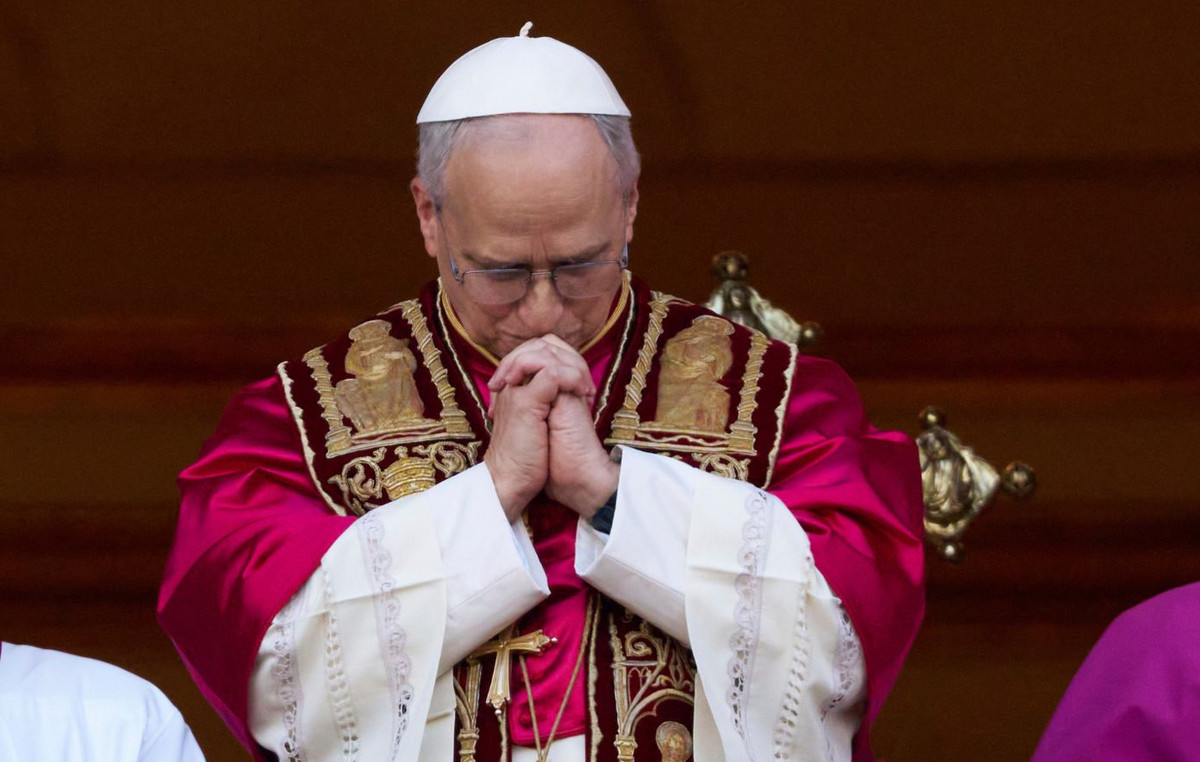New studies by the National Electric System Operator (ONS) indicate that the application of daylight saving time this year does not bring benefits to the operation of the national electric system. The analysis of the possibility of resuming the mechanism, extinguished in 2019 by President Jair Bolsonaro, was carried out at the request of the Ministry of Mines and Energy (MME) in August. Despite the opinion, the decision on the measure will be up to the federal government.
The results should be presented at the next meeting of the Electric Sector Monitoring Committee (CMSE), a collegiate body chaired by the Minister of Mines and Energy, Adolfo Sachsida. The meeting is scheduled for next Wednesday (5).
“The National Electric System Operator (ONS) informs that it has conducted analyzes on a possible application of Daylight Saving Time in 2022. The results obtained did not point to benefits for the operation of the SIN [Sistema Interligado Nacional] arising from this measure. In this context, the ONS reinforces that it is up to the Federal Government to define whether or not to apply the measure”, the ONS informed Estadão/Broadcast.
Created with the purpose of taking advantage of the greatest period of sunlight during the hottest time of the year, daylight saving time was instituted in Brazil in 1931 by the then president Getúlio Vargas and adopted on a permanent basis from 2008. However, changes in habits consumer trends and advancement in technology have reduced the relevance of energy savings over the years. This was the argument used by the government to extinguish the measure in 2019.
The new study was requested precisely to understand if there was any change in this scenario with the growth of solar energy generation, especially due to the expansion of distributed generation systems. The objective was to understand what would be the effects of advancing the peak of consumption from the beginning of the night to a time when there is still sun and generation from this source, which could reduce the need to activate others that may cost more.
In the past, amid the water crisis and increasing pressure from some sectors of the economy, the MME also requested an assessment of the return of the mechanism. The study delivered to the ministry presented the same argument used in 2019: the measure would not bring energy savings. The evaluation pointed out that daylight saving time could help, even if little, to mitigate consumption at peak times. Faced with the diagnosis, the government ruled out the return of daylight saving time.
Source: CNN Brasil
Joe Jameson, a technology journalist with over 2 years of experience, writes for top online news websites. Specializing in the field of technology, Joe provides insights into the latest advancements in the industry. Currently, he contributes to covering the world stock market.







